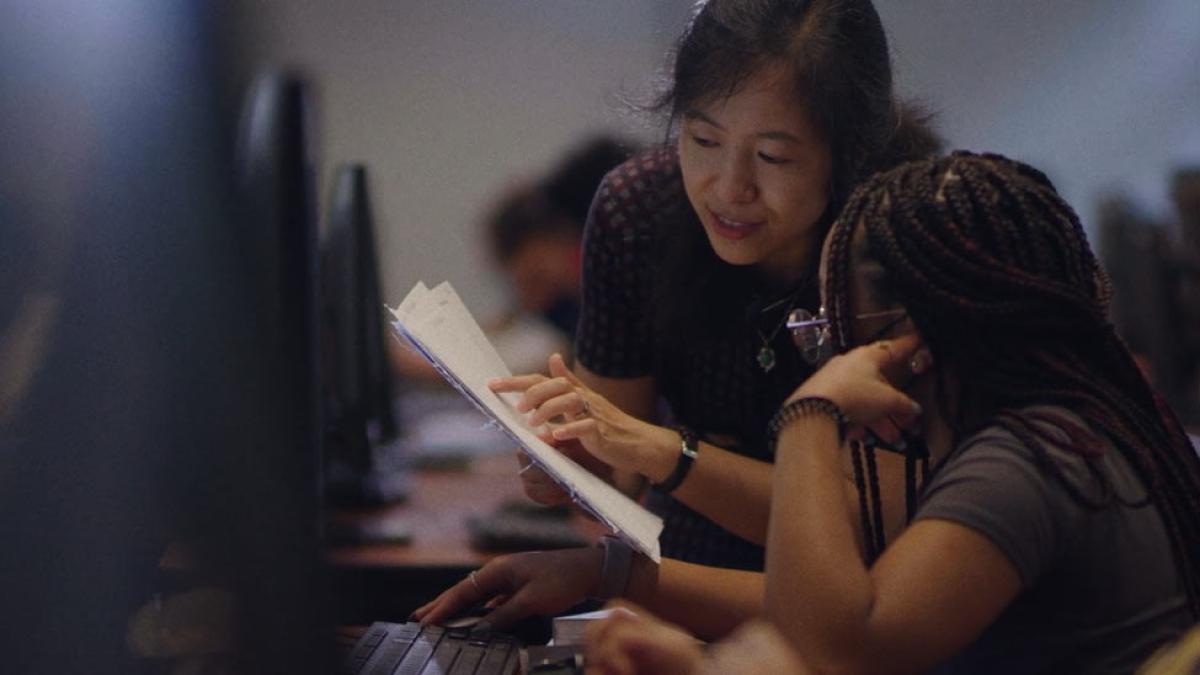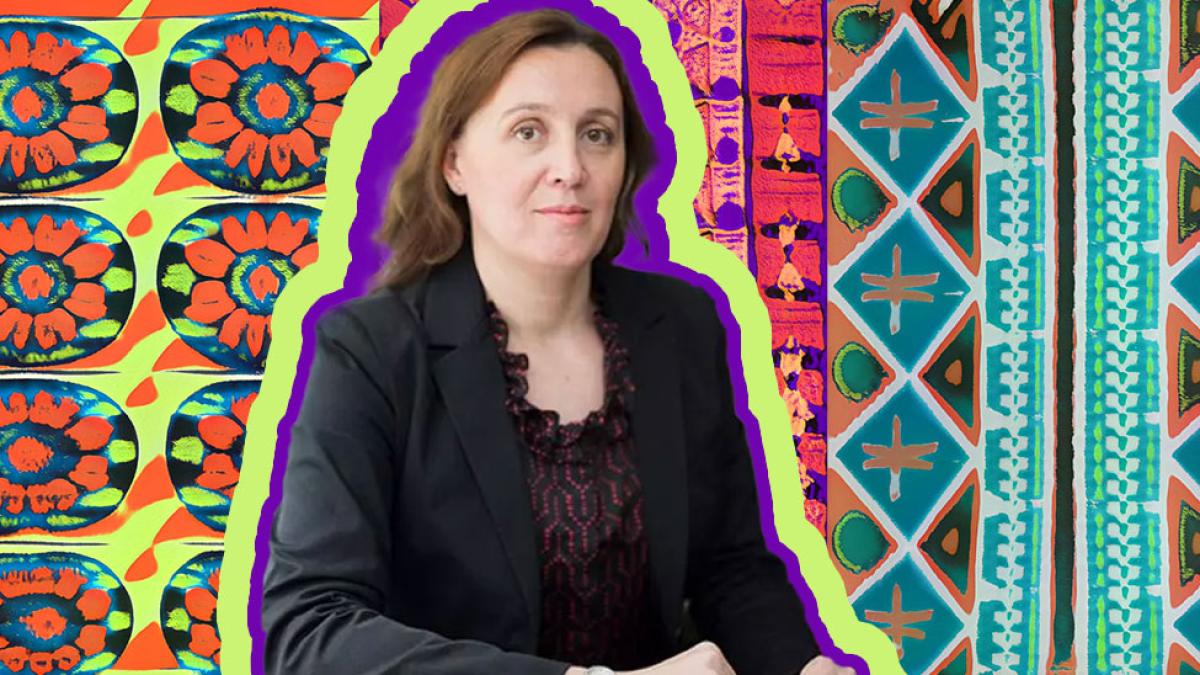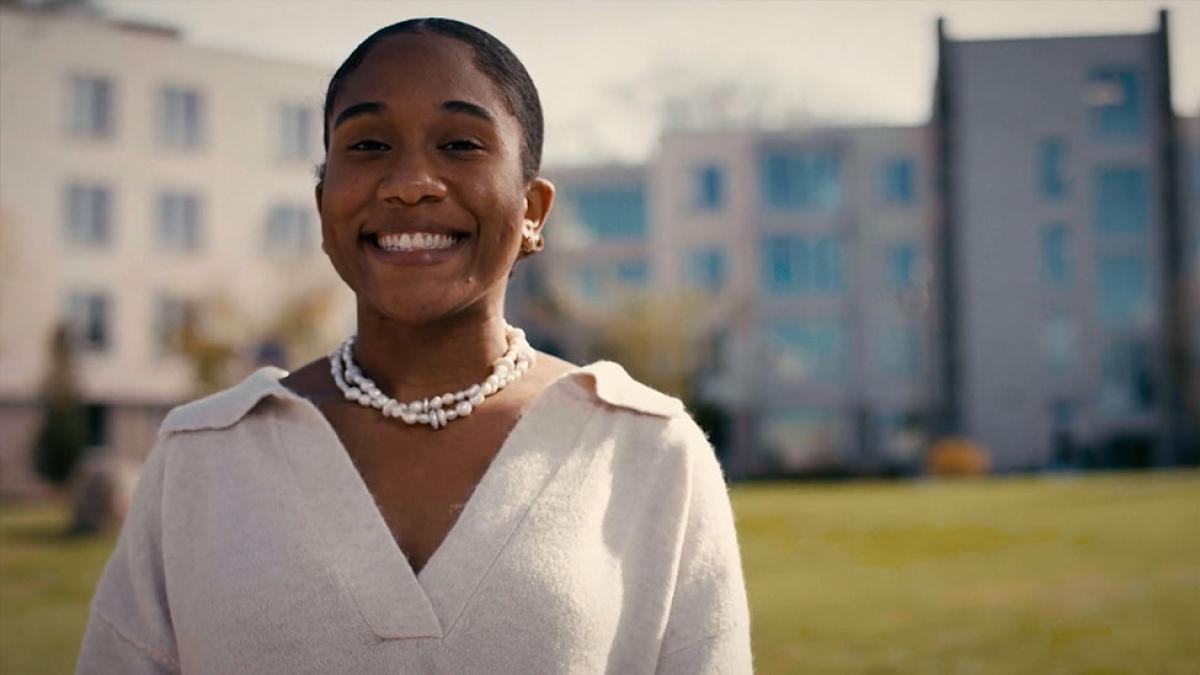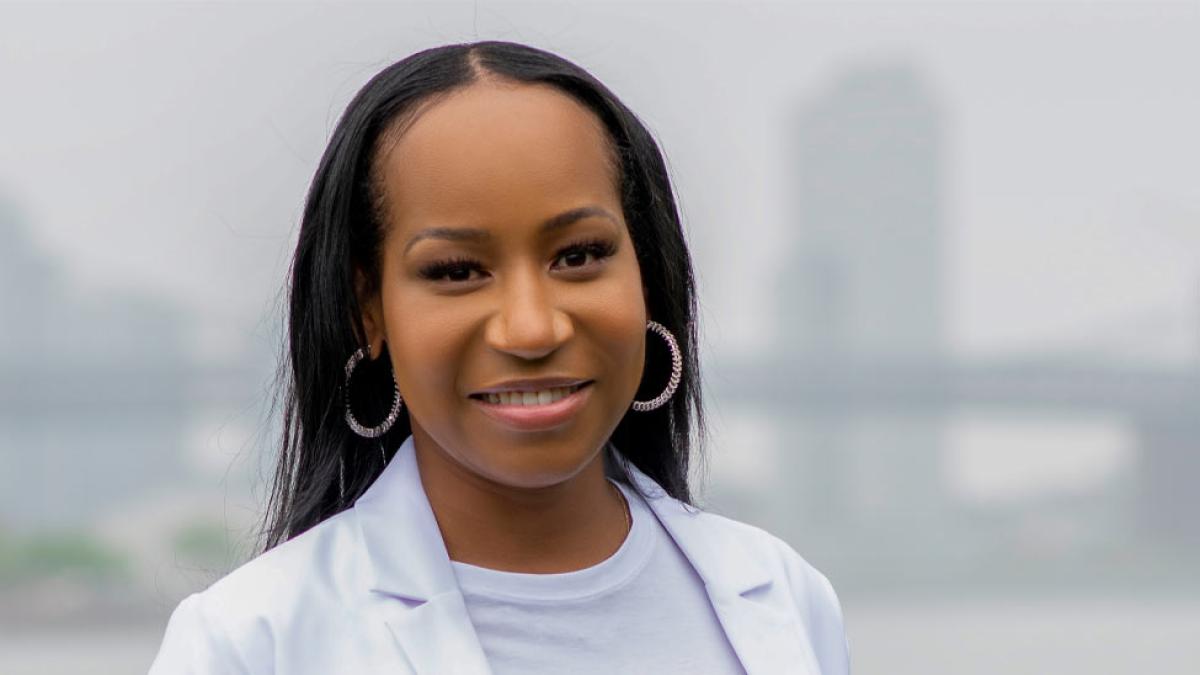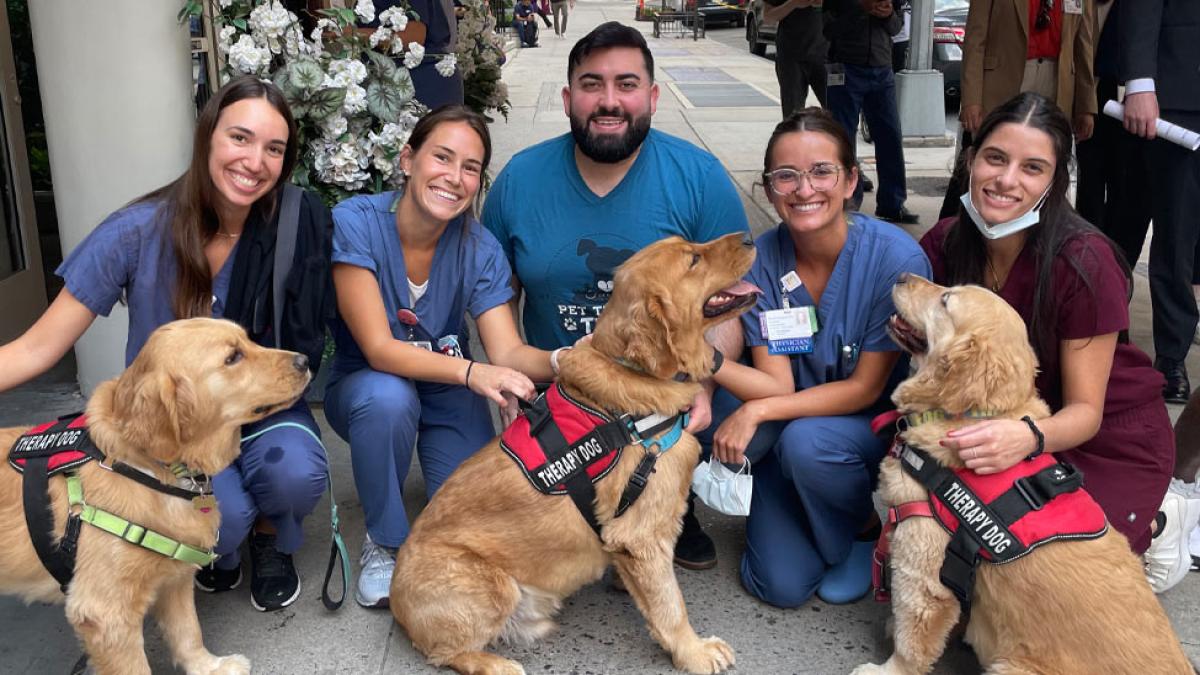Juan Shan, PhD, an associate professor of computer science in Seidenberg, is focused on applying artificial intelligence and machine learning to analyzing medical imaging
Justice, equity, sustainability, and beauty: building a better world with human-centered design
Seidenberg's new faculty member, Jonathan Williams, brings his expertise to the human centered design master's program, where user experience leads technologists, artists, designers, and psychologists to build better, more equitable, and more beautiful things.
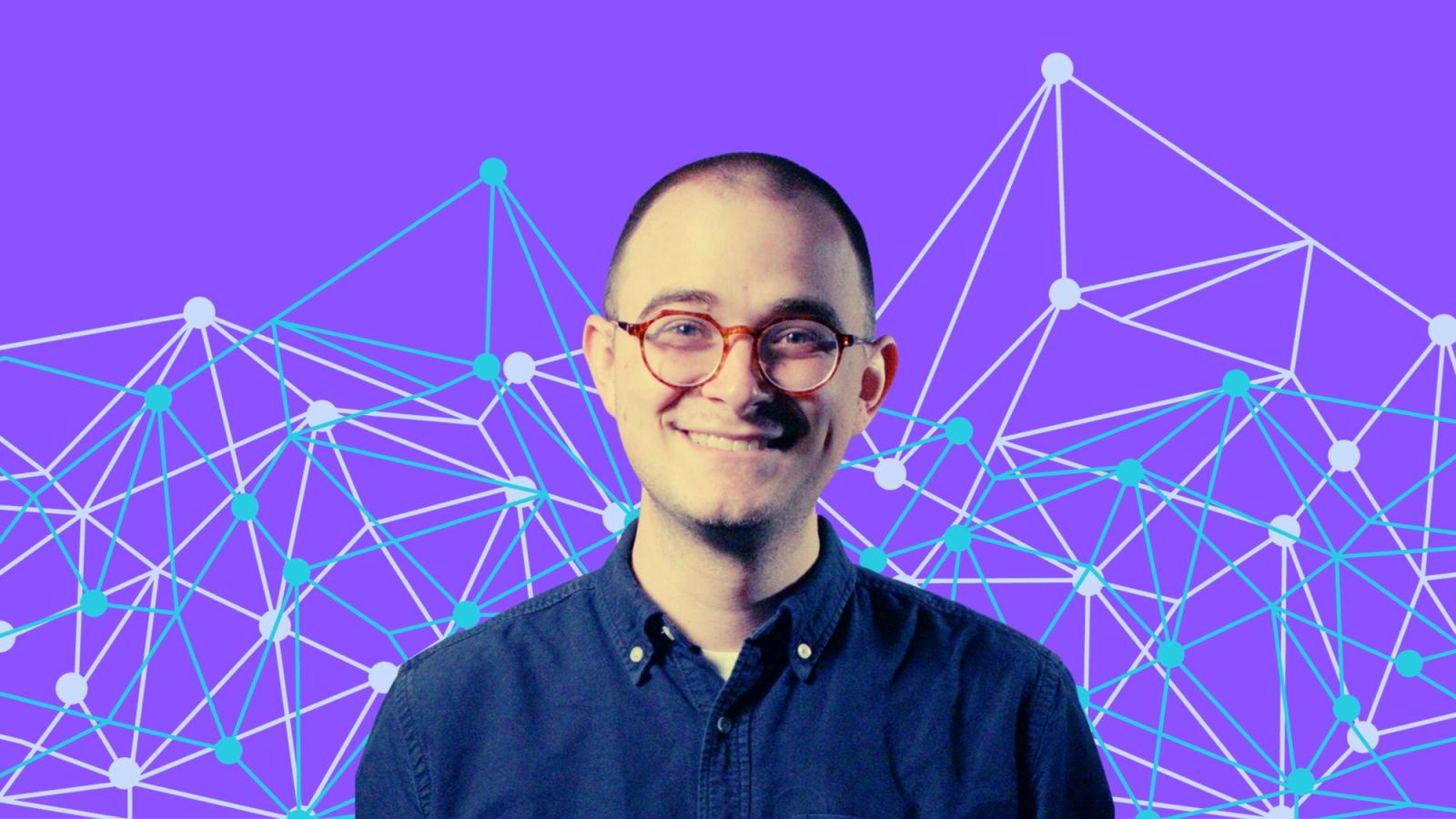
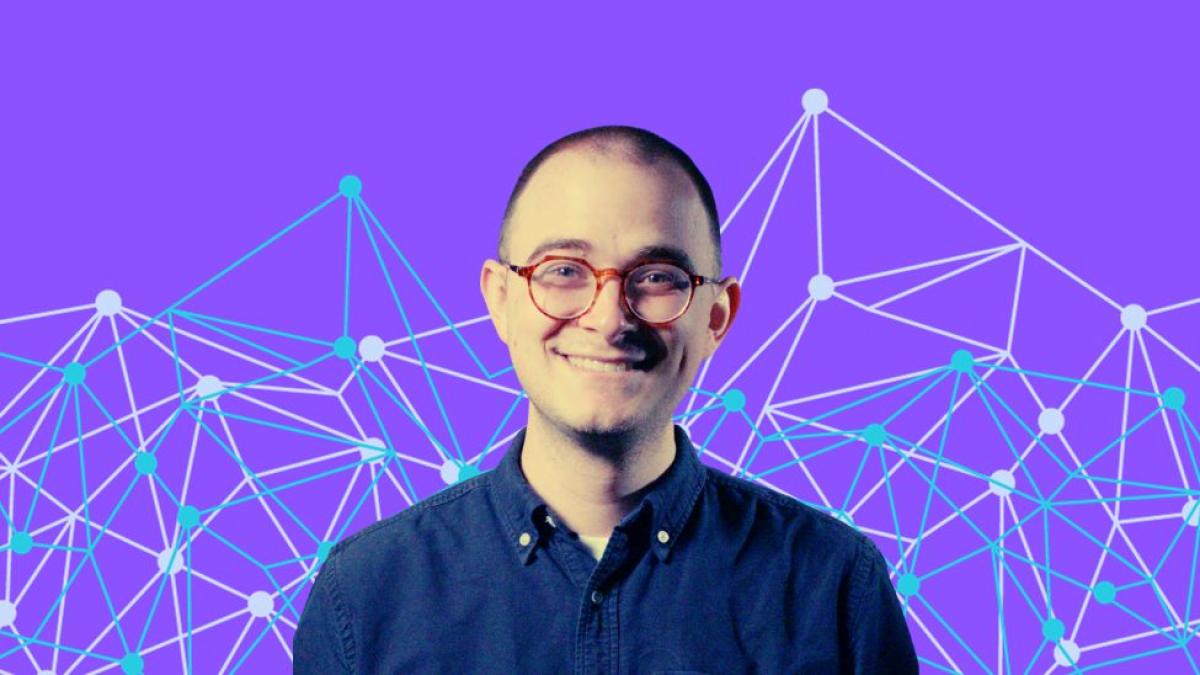
The future is human centered—and new Seidenberg faculty member Jonathan Williams knows it. One of the latest additions to the expert faculty roster teaching in the MS in Human Centered Design, Professor Williams brings his unique background in design, problem solving, and knot tying (yes, knot tying) to draw out the interdisciplinary nature of the program, which blends art, design, and psychology with technology.
We asked Professor Williams to share a little about himself and his fascinating background.
What is your background in terms of research, interests, academic pursuits?
My academic background is interdisciplinary, starting with my undergraduate degree in mathematical statistics. My master's degree is in design strategy and management and my current doctoral work is in the area of design studies with an emphasis on design education. Prior to beginning my teaching career, I spent time in the EdTech industry working on content design and development.
What brought you to Pace University?
Pace’s MS in Human Centered Design is a unique program that captures many of my own interests all in one degree program. The opportunity to teach in a program that takes a design centered approach while also being deeply concerned about technical competence and emerging technologies is a really exciting intellectual community to contribute to.
I believe that design is a process that can create change in the world. Students who are interested in co-creating with me and others to push the world to a future that is more just, sustainable, equitable, and beautiful will find a voice for their ideas in the classroom we create.
How are you finding working at Seidenberg so far? What classes are you teaching and how are they going?
Seidenberg has been an extremely welcoming community to me. My colleagues have been helpful at every turn and students have been engaged and ready to learn.
This semester I am teaching three courses at the graduate level: Introduction to Human Computer Interaction, Foundations of Social & Mobile Technologies, and Social & Collaborative Computing. I have designed all of my courses this semester so that each course focuses on a semester-long group project. Collaborative project-based learning is the core of instructional strategy for this set of courses.
To give you a glimpse into the classes, the Foundations of Social & Mobile Technologies students are developing concepts for mobile sites or applications that make a contribution towards one or more of the United Nations sustainable development goals. Social & Collaborative Computing students are getting ready to start an exercise in ethnographic fieldwork as they embed in social networks and virtual communities, and my Intro to HCI students have just wrapped up a series of mini-research tasks where they were applying concepts in usability research to real-world websites.
Who should take your classes, what should their interest areas be?
Students who are looking to create impact in the world will be right at home in my courses. I believe that design is a process that can create change in the world. Students who are interested in co-creating with me and others to push the world to a future that is more just, sustainable, equitable, and beautiful will find a voice for their ideas in the classroom we create. Interest in design (in the broadest sense of the term) is a great starting point but creative problem solvers should be at the front of the line!
What else are you interested in? Any cool projects you’d like to talk about?
This academic year I am working to wrap up my doctoral studies by writing my dissertation. My dissertation research is looking at how knot tying can be used in instructional settings to teach foundational principles of design to students who are beginning their study of design. As I have explored this topic over the last few years, I’ve become quite interested in physically making knots of all shapes, sizes, and patterns. Design has a unique disciplinary angle that can add to the current literature on knot tying and I am excited to reflect and build on this over the next few months as I write. I can’t wait to share my work once it’s done.
And what else would you like to share?
When I’m not preparing for class or researching, you’re likely to find me at a museum in the city or at the theater. I get lots of inspiration from many great museum collections in the city and the theater never fails to captivate the imagination!
More from Pace
Meet Christelle Scharff, PhD, a computer science expert focusing on the limitations and biases of AI systems. She and her team are tackling the intersection of AI and African fashion to explore the impact of diverse datasets.
Seidenberg Professor Zhan Zhang recently made Pace history by earning grants from both the National Institutes of Health (NIH) and the National Science Foundation (NSF). In his ongoing NSF project, Zhan focused on enabling hands-free data collection and documentation in the field by emergency medical services (EMS) providers with an easy-to-use smart glass application.
Elisabeth Haub School of Law at Pace University Welcomes Two Prominent Members of the Legal Community to its Board of Visitors
The Elisabeth Haub School of Law at Pace University is pleased to announce that two new members have joined its Board of Visitors. The new members are two distinguished Haub Law alumni, Amy F. Divino ’91 and R. Nadine Fontaine ‘94.
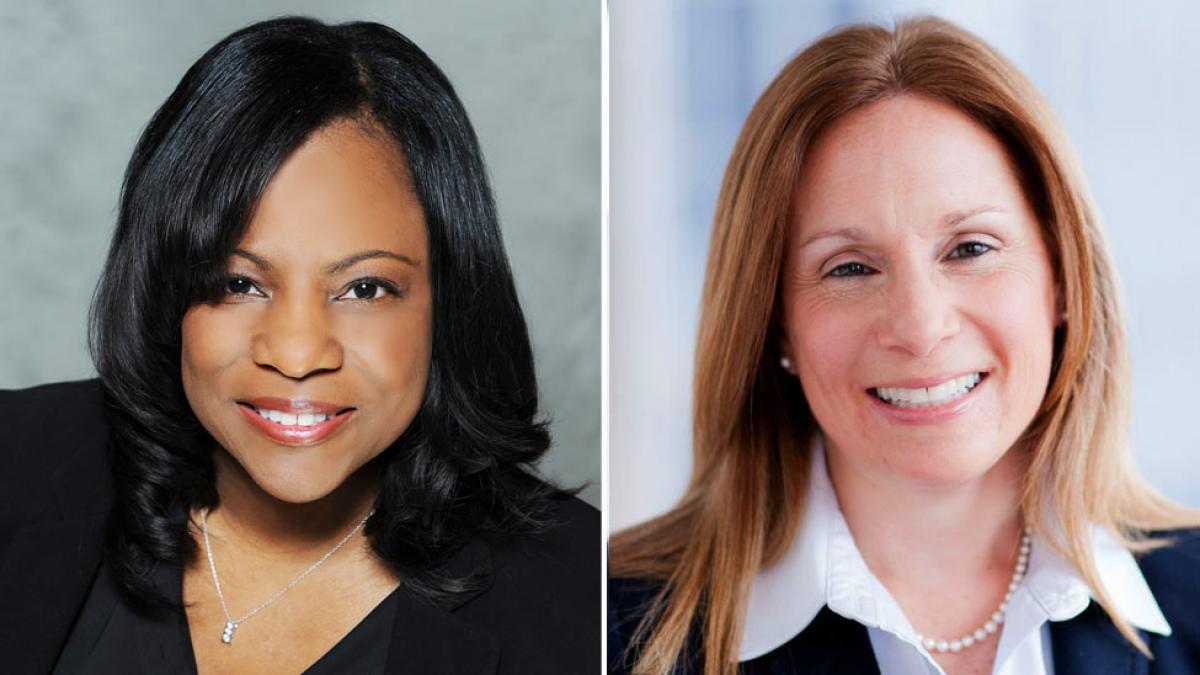
The Elisabeth Haub School of Law at Pace University is pleased to announce that two new members have joined its Board of Visitors. The new members are two distinguished Haub Law alumni, Amy F. Divino ’91 and R. Nadine Fontaine ‘94.
“Haub Law is extremely fortunate to have a Board of Visitors comprised of innovative thought leaders in the legal community,” said Dean Horace E. Anderson Jr. “Both Amy and Nadine are dedicated Haub Law alumni who bring to the Board a broad range of experience. Importantly, they are committed to furthering the best interests of our law school and as members of the Board will do that as both advisors to and advocates for Haub Law. I am proud to welcome Amy and Nadine to the Board and look forward to working with them to ensure the continued success of Haub Law.”
Amy F. Divino ‘91 is a Member of Cozen O’Connor and co-chairs the trademark prosecution group. She has a practice focused on global trademark protection and enforcement in a wide range of fields and transactional matters involving intellectual property. She represents clients in connection with cybersecurity, counterfeiting and domain name infringement matters and other Internet-related issues. In addition to her trademark practice, Ms. Divino handles matters relating to copyright litigation, protection, and enforcement. She is a member of the firm's Pro Bono Committee and Women's Initiative Steering Committee. Ms. Divino graduated with a JD from the Elisabeth Haub School of Law at Pace University in 1991 and a BA from American University. While in law school, she received the American Jurisprudence Award in Products Liability. Prior to entering private practice, Ms. Divino served as a law clerk to the Honorable Lawrence C. Stammelman of the New Jersey Superior Court.
R. Nadine Fontaine ‘94 is General Counsel to the Dormitory Authority of the State of New York (DASNY), a statewide construction and financing public authority. As DASNY’s Chief Legal Officer, Ms. Fontaine is responsible for the management and oversight of all activities of the DASNY’s Counsel’s Office, including oversight of the Office of Professional Integrity, Office of Diversity & Inclusion, and the FOIL, Ethics, and the Real Property Divisions. She has over 29 years of combined legal experience, including litigation of complex commercial and product liability matters in both state and federal courts while in private practice, and extensive government experience. Ms. Fontaine previously served as First Assistant Counsel to the Governor Andrew M. Cuomo, the Assistant Counsel for Economic Development, Public Finance and Procurement, and Assistant Counsel for Human Services. Ms. Fontaine earned a BA degree from Stony Brook University and graduated with a JD from the Elisabeth Haub School of Law at Pace University in 1994.
The Board of Visitors furthers the interests of the Law School by involving alumni and friends in significant issues of concern to the School, and by building a sense of community that fosters pride and participation. The Board is also dedicated to fostering a strong interest in the mission of the Law School by helping to recruit outstanding students, hiring graduates and encouraging financial support from public and private sources. The Board is currently co-chaired by Alfred E. Donnellan '81, Managing Partner, DelBello Donnellan Weingarten Wise & Wiederkehr, LLP and Kathleen Donelli ’85, Partner, Goldschmidt & Genovese, LLP.
EESI Commemorates 40 Years of Climate Action
The Environmental and Energy Study Institute (EESI) highlighted the pioneering leadership of Pace Law Dean Emeritus Richard L. Ottinger in a tribute commemorating 40 years of Climate Action.
Climate Change & the Mysterious Power of Local Land Use Law
The Hudson Independent reports Professor John Nolon recently was a guest speaker at the Irvington Green’s monthly Climate Talk to discuss how the Intergovernmental Panel on Climate Change believes local land use law can be a climate solution.
Professor Bennett Gershman - Podcast
Elisabeth Haub School of Law Professor Bennett Gershman discusses the growing challenges facing prosecutors in the latest episode of A Reasonable Doubt, a podcast hosted by renowned criminal defense lawyer Mark Geragos.
Seen & Heard
PACE AT 15 BEEKMAN IS ALMOST DONE
Pace University’s new building at 15 Beekman, on the corner of Nassau, is just about done. Some spaces, such as the library, are open and operational, and they are still finishing other spaces, such as the dining hall. The official ribbon cutting could be as soon as next week.
The VPSA First-Year Experience Four New VPSAs Offer Fresh Insight Into Setting Agendas
Vice President of Student Affairs and Dean for Students Jeff Barnet offers fresh insights to Leadership Exchange about setting agendas and his unlikely path to becoming Vice President of Student Affairs.
A Go-Getter's Path to Success: Resources and Grit
Spring ’23 Bachelor of Science in Nursing graduate Sindy Beato, discovered that fighting to overcome obstacles to reach a goal is worth the challenge and the definition of a Pace Go-Getter. Her achievements are a great example of where your Pace Path can lead you, and how determination and utilizing Pace resources will help you succeed.
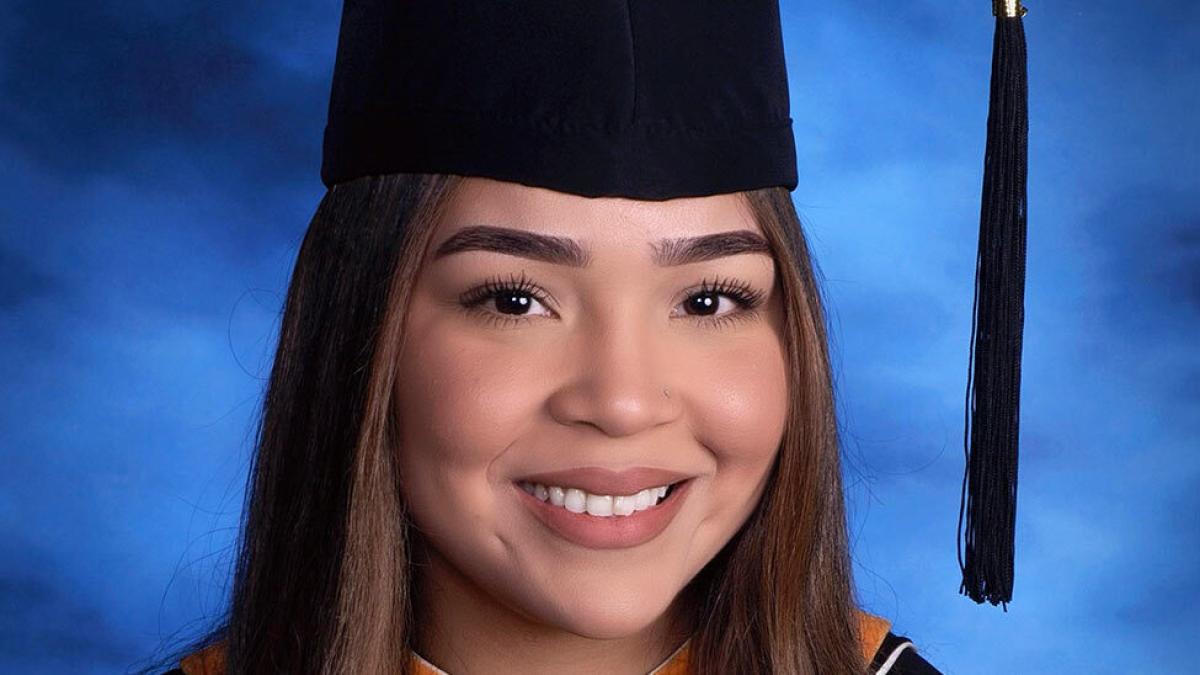
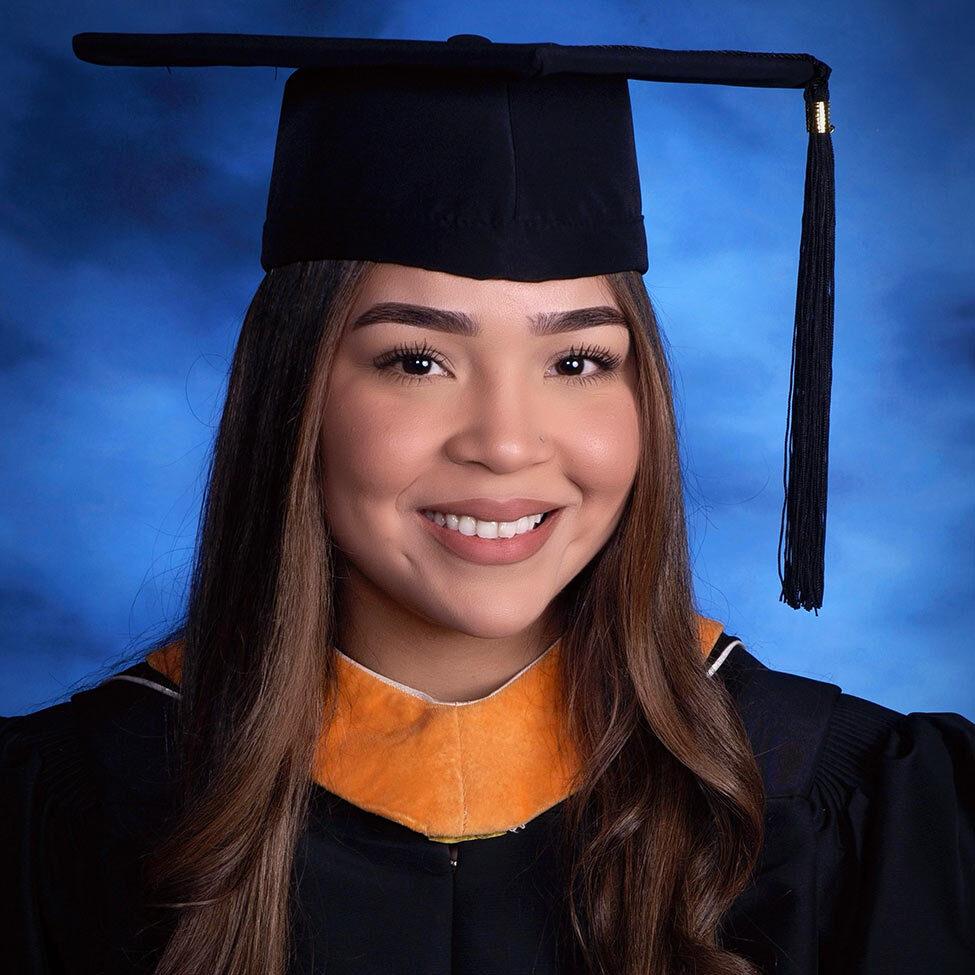
Spring ’23 Bachelor of Science in Nursing graduate Sindy Beato, discovered that fighting to overcome obstacles to reach a goal is worth the challenge and the definition of a Pace Go-Getter. Her achievements are a great example of where your Pace Path can lead you, and how determination and utilizing Pace resources will help you succeed.
Sindy’s story is one of constant persistence, despite the challenges and setbacks she faced. From a young age, she knew she wanted a career in nursing. Though determined to get into her top choice for health professions-focused high school, she did not score high enough on the entrance exam. This disappointment didn’t stop her, rather driving her to realize that this was her opportunity to achieve exemplary grades at a different school to get into an amazing university, like the Lienhard School of Nursing (LSN) at Pace University. Once she visited the Pleasantville campus and toured the labs, “I was certain that this was where I wanted to spend the next four years of my life,” she said.
Sindy was ecstatic to begin her journey at LSN and was ready to put in the hard work to succeed in the program. Yet, personal challenges made it difficult to balance it all.
“During this time, I was in between homes, working full time while being a full-time student, trying to keep up with Pace’s very demanding nursing curriculum,” Sindy explained. “This was a trying period in my life because I was transitioning into being a fully independent adult living on my own and supporting myself financially while simultaneously trying to maintain good grades.”
This resulted in Sindy not completing one of the required nursing courses and set her back a year. Once again facing a roadblock, she knew that defeat was not an option and was determined to fight for her scholarship and her place in the nursing program.
“I had to take a hard look at myself and realize that I needed to work harder than the average student in order to one day get to where I wanted to be. What motivated me and kept me going through this time was the desire to find stability.”
Career Services was instrumental in guiding Sindy on her journey to her dream career as she worked with career counselor Paula Kramer to increase her chances of success. “It’s a privilege to work with students who take their career search seriously and take advantage of the resources available through Pace’s Career Services office to help them achieve their goals,” Paula said. “Sindy was very engaged with Career Services - in addition to getting help with polishing her resume, she worked with me to hone her interview skills and took advantage of all the tools we have to offer for each step of the career process. The proof of these efforts is in the result – landing her dream job at NY-Presbyterian!”
Go-Getter Sindy has since passed her NCLEX and has accepted a full-time position at NYP Morgan Stanley. “I couldn't be happier with how things are going and feel grateful for Pace University and all the life curves that landed me where I am today.”
More From Pace
"You have to find that passion every day," says College of Health Professions alumna Tyra Prophete, RN. "I always knew I wanted to advocate for people."
There is a saying that beauty is in the eye of the beholder and according to Dawn, beauty is also expressive. Aesthetics has allowed her to make others’ dreams come true, and to her that is an art.
Nothing describes a #Go-Getter better then Pace University’s College of Health Professions (CHP) Lenox Hill Hospital Physician Assistant Program (PA-NYC) graduates.
5 Reasons You Should Study Ecology and Society in Costa Rica through Pace University’s 3+2 Program
Through a new combined degree program, students can now earn a Bachelor of Science in biology from Pace in three years before completing a Master of Science in Ecology and Society at Costa Rica’s University for Peace (UPeace) in under two years.
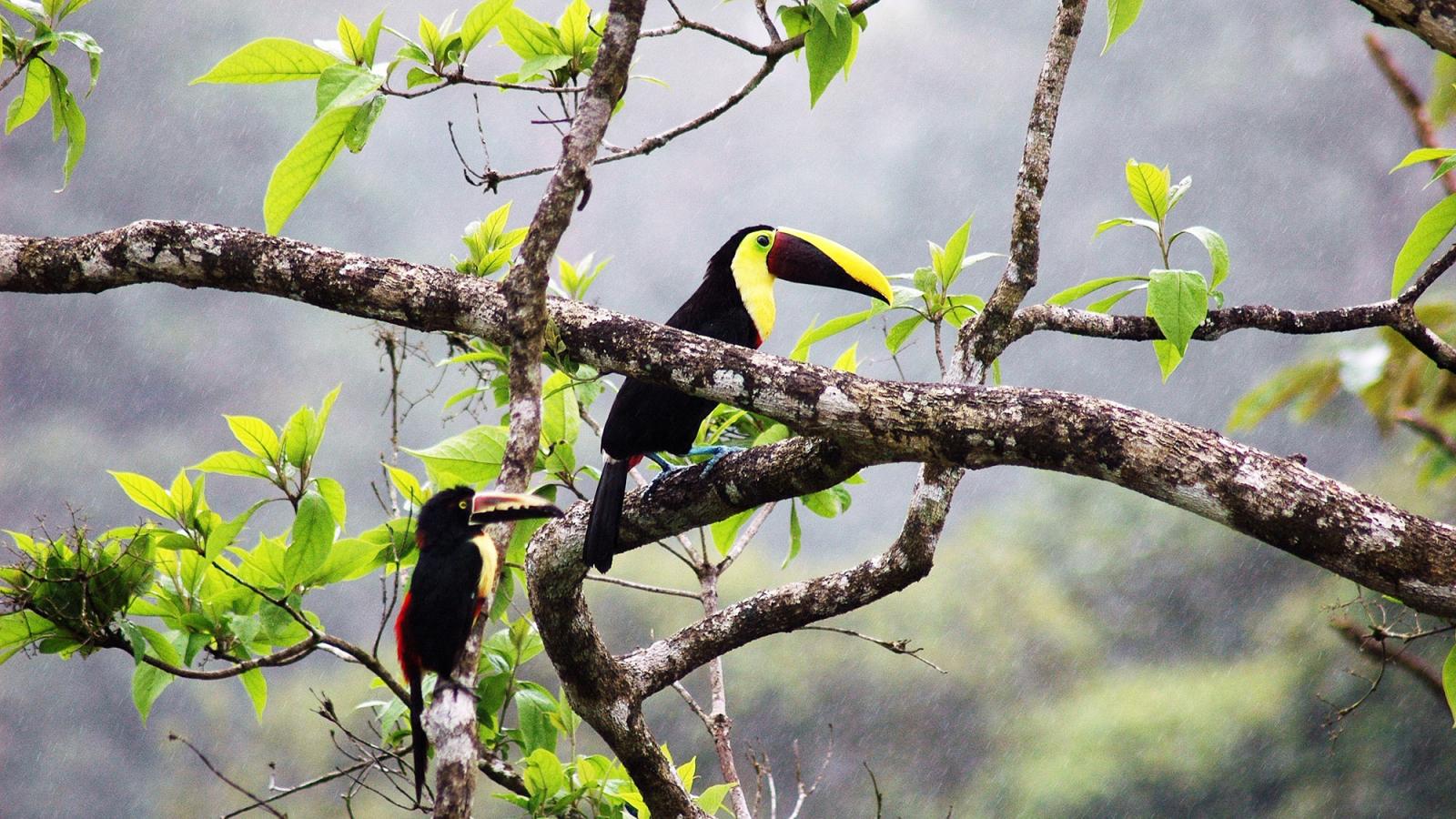
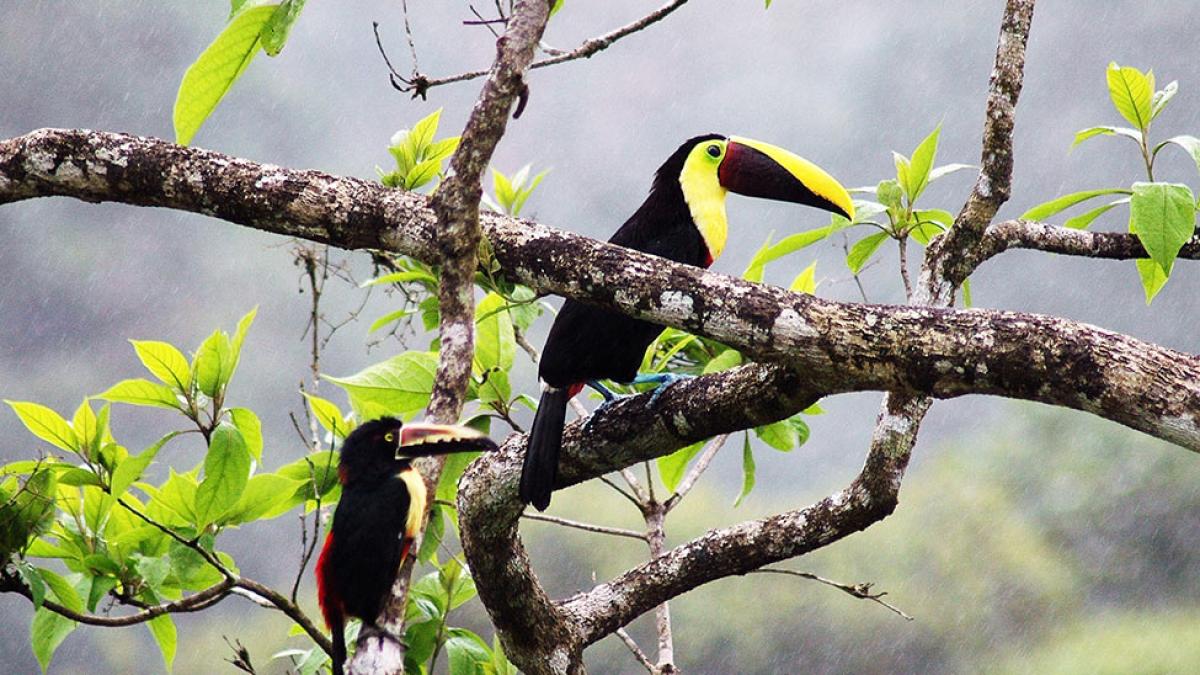
Stunning cloud forests, sprawling coastlines, and dense wetlands—Costa Rica’s rich and unique topography makes it an ideal location to study ecology. Through a new combined degree program, launched in Fall 2023, students can now earn a Bachelor of Science in biology from Pace in three years before completing a Master of Science in Ecology and Society at Costa Rica’s University for Peace (UPeace), just outside Ciudad Colón, in under two years.
Here are five reasons why this 3+2 program is a life-changing opportunity.
1. One-of-a-kind immersive experiences in Costa Rica
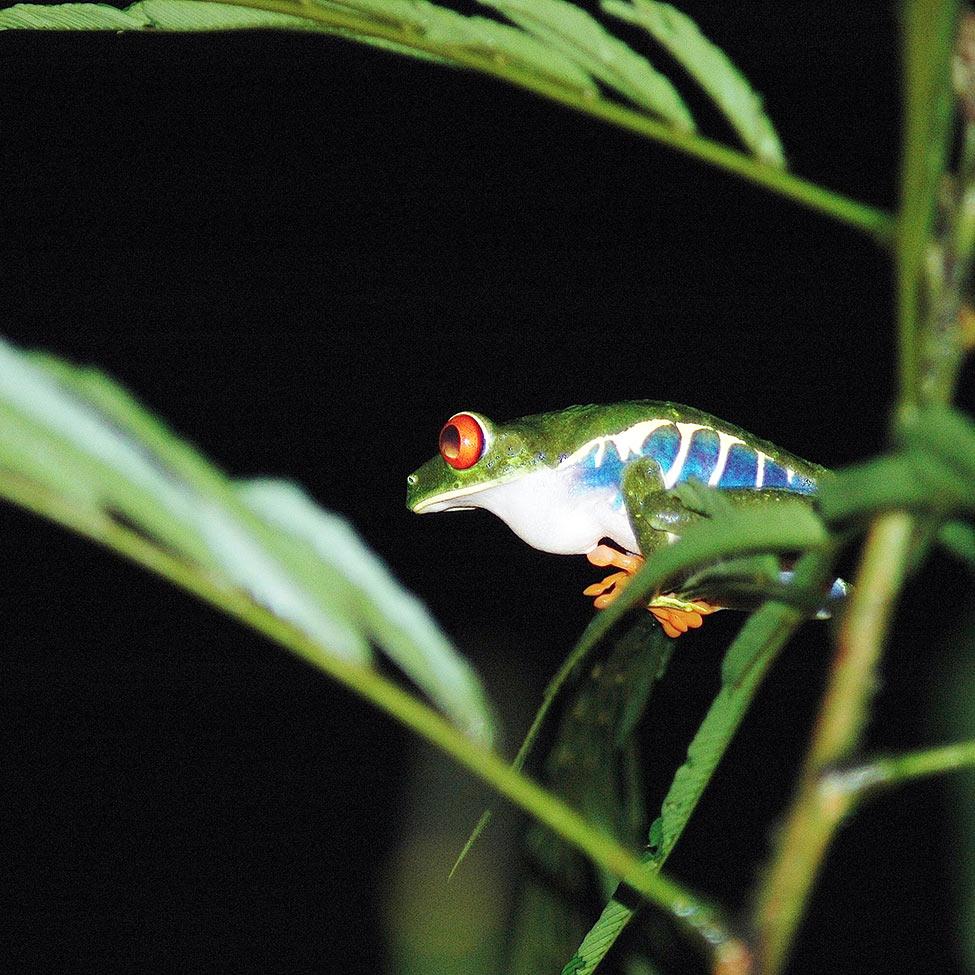
Costa Rica is one of the most ecologically rich locations in the world. Through the Master of Science in Ecology and Society at UPeace, students will have the incredible opportunity to do hands-on research in unique field sites such as the Osa Peninsula in southwestern peninsula of Costa Rica, the Monteverde Cloud Forest region, the Manquenque National Refuge in the Northern Region, and a variety of managed forests within driving distance of the university.
Through these immersive experiences, students hone important research skills. “You're going to get graduate-level ecology where you're really drilling down and understanding the ecosystems,” said Professor of Biology Bill Eaton, PhD, who has spearheaded the connection between Pace and UPeace. “You’re understanding the statistics and how to study them, how to collect samples, how to set up research projects.”
2. Unique program linking ecology and society
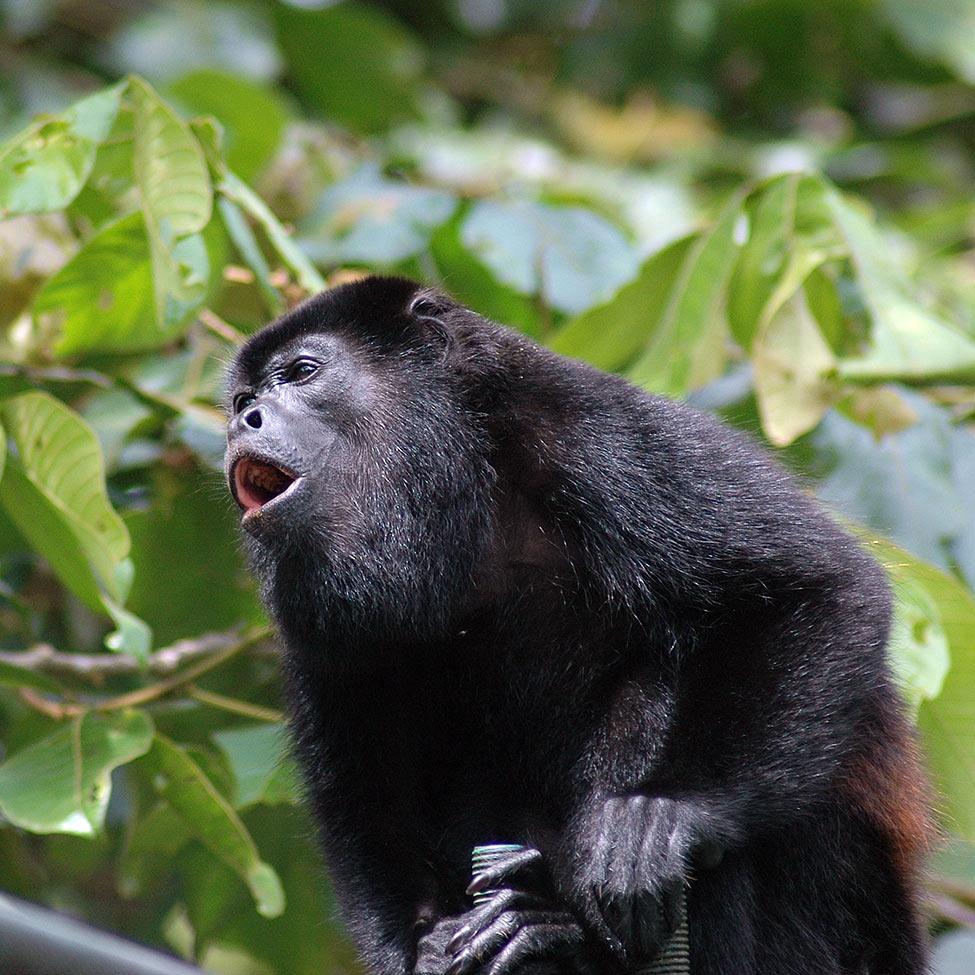
The University for Peace was founded by the United Nations in 1980 as a center for irenology (the study of peace and justice) and is the world’s leading educational institution in peace and conflict resolution. Programs at the University, therefore, inherently weave issues of social justice, conflict resolution, and global policy into the curriculum.
The Master of Science in Ecology and Society is one of the only programs of its kind in North America. Throughout the program, students explore the innate connection between the environment and society.
“There's nothing that you can study in ecology or environmental science that doesn't have a cultural link to it, whether the culture is affecting the system, or the system is affecting the culture,” said Eaton. “This program is unique in that every course intimately links the ecological pieces with the societal pieces. We don’t treat it as a segmented monster.”
In the graduate portion of the program, students take courses such as Forests, Forestry, and Poverty; Community Ecology; and Tropical Ecosystem Assessment. Available electives include courses such as Natural Resource Management, Climate Change Governance, and Environment, Conflicts, and Sustainability.
3. Affordable tuition and cost of living
In most cases, completing a bachelor’s and master’s degree takes at least six years. Therefore, the ability to complete both programs in under five years saves students not only time but a year’s worth of tuition. Additionally, tuition at UPeace is significantly less expensive than graduate tuition at most American universities.
The cost of living in Costa Rica is also quite affordable. Eaton mentions that apartments in walking distance from campus cost around $500–$700 per month in rent. He also notes that food prices are low and that transportation to and from campus and to Ciudad Colón is easy and inexpensive.
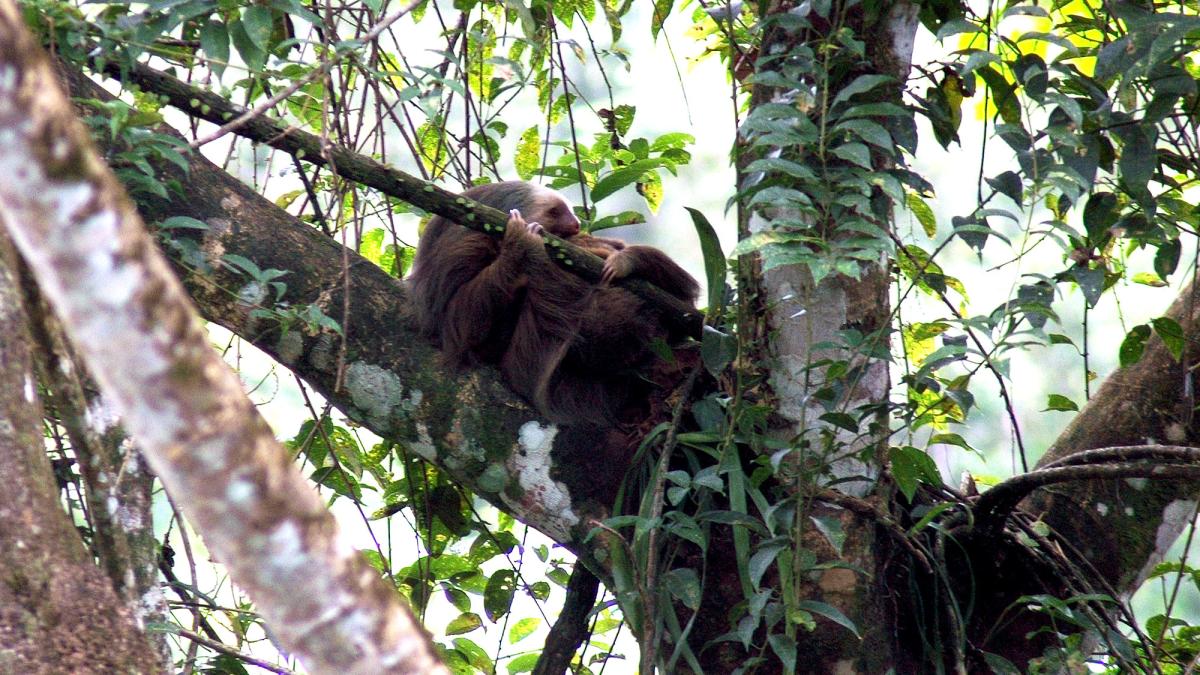
4. Smooth transition from Pace to UPeace
Students who complete their biology degree at Pace will be well prepared for the Ecology and Society program at UPeace, Eaton assures. He notes that biology undergraduates at Pace are often heavily involved in research, often partnering with faculty on significant projects. Eaton ensures that his own undergraduate students finish their bachelor’s degree with publishable work to their name.
And Eaton himself serves as the linchpin between the Pace and UPeace programs and teaches two courses in the first semester of the master’s program. Students, therefore, have a friendly face in Costa Rica, as Eaton serves not only as a professor in the program but as a mentor and resource for students making the transition to living and learning abroad. Additionally, all courses in the program are taught in English.
5. Exciting career opportunities
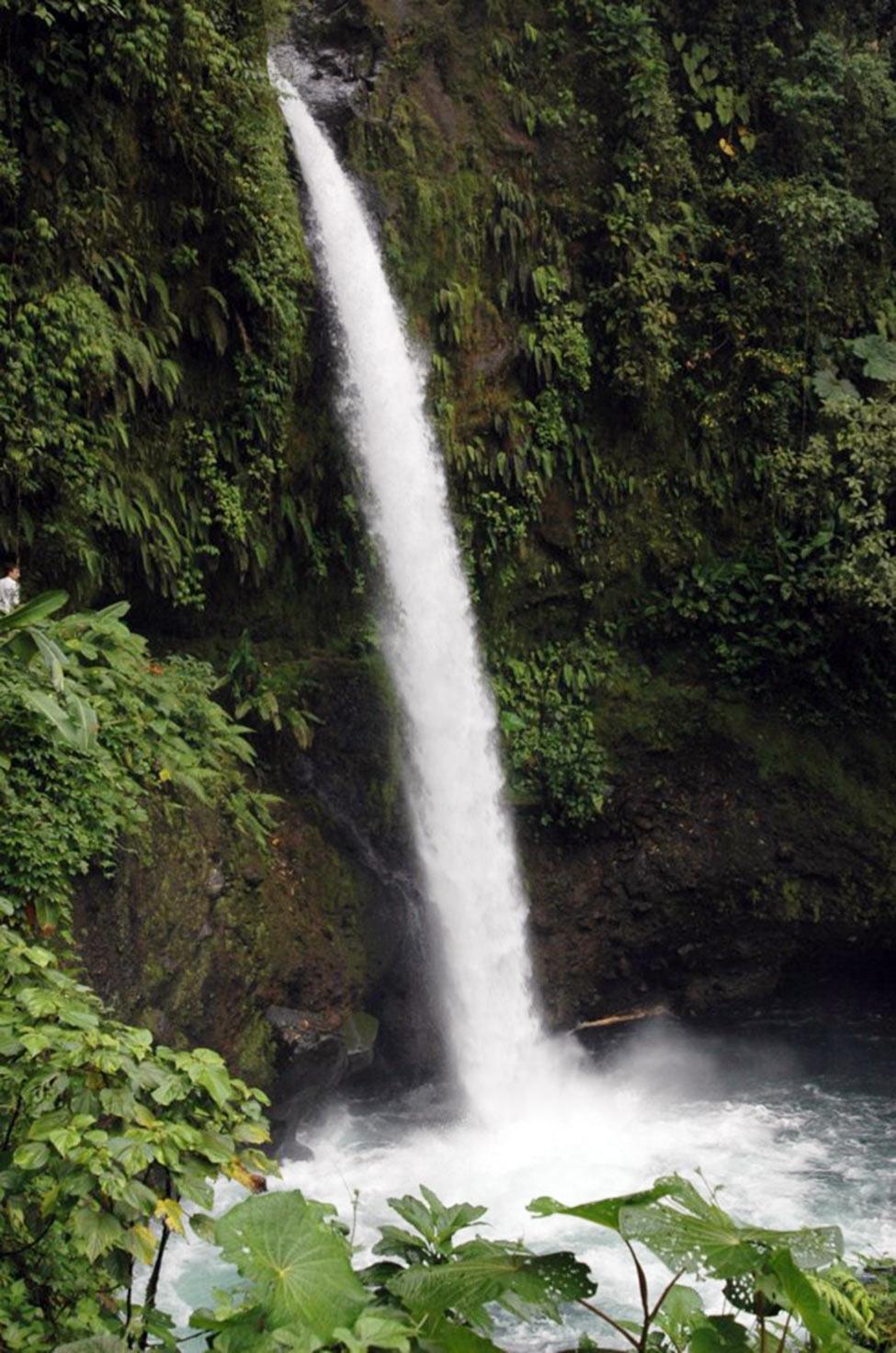
Students graduate from this combined program as trained ecological scientists. According to the US Bureau of Labor and Statistics, positions in this field are projected to grow 6 percent over the next decade, a faster rate than the national average.
These degrees open the door to a world of career possibilities, including jobs at the local, national, and international levels in the public and private sectors, as well as the option to continue study in a PhD program, law school, or medical school. Potential opportunities include ecological scientist, forester, conservation scientist, natural resource and wildlife manager, recreation manager, environmental assessment scientist, sustainability scientist, city planner, and public school or college science educator.
“And the wonderful thing about this program is that students are internationally connected,” said Eaton. “You’re in a UN-sanctioned degree program, and you’re meeting people from all over the world—not just students, but visiting professors and dignitaries that come over as well.”
Students interested in the program should contact Professor of Biology Bill Eaton, PhD, for more information on the application process and course requirements.
